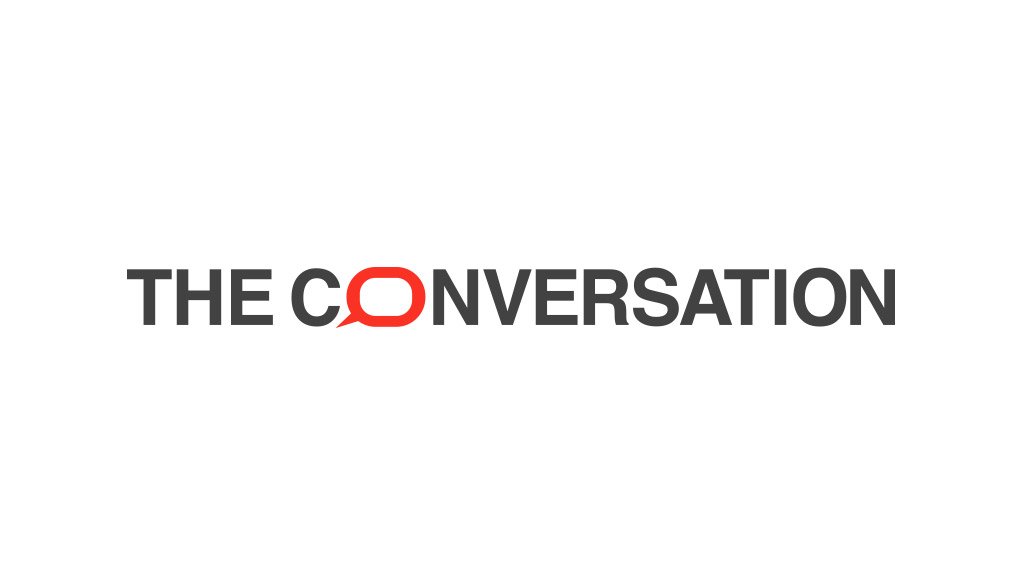![]() Madagascar is set to elect its president on 16 November 2023, for the next five years.
Madagascar is set to elect its president on 16 November 2023, for the next five years.
There’s a lot at stake. I’ve studied Madagascar’s politics – focusing on democratisation and political transitions – and believe that this election is crucial for the consolidation, or deepening, of democracy.
Democratic consolidation is vital. It fosters political stability, protects individual rights, and ensures that power is exercised by elected representatives who are accountable to the people.
Madagascar has, over the past couple of decades, struggled to consolidate its democracy. The so-called 2009 coup d'état – in which the military transferred power to Andry Rajoelina – reverted governance to an outright autocracy. Madagascar eventually returned to electoral politics in 2013 and is now considered a “partly free country”, or “hybrid regime”.
American political scientist Samuel P Huntington argues that two consecutive peaceful transfers of power are the most important measure of democratic consolidation. I share this view.
If this election is successful it would be the second peaceful transfer of power since the 2009 coup d'état. The first peaceful transfer of power occurred in 2019, when Hery Rajaonarimampianina (2014 to 2018), handed power to Rajoelina after a bitterly contested election.
The election is also important for the improvement of the economic and social conditions of Madagascar’s population. Today, the large island nation is ranked among the poorest countries in the world.
If the country fails to have a successful power transition, and is engulfed in another political crisis (maybe even a civil war), the situation will get worse.
It would also mean another lengthy process of transition. A new constitution and electoral law would have to be drafted and ratified, and a government of consensus set up before another presidential election could be held. In other words, the process of democratisation would have to be restarted, just like in 2009-2013.
Uncertainty ahead
Thirteen candidates are running, including the incumbent president Rajoelina. Rajoelina has held this office twice, as the president of the High Transitional Authority of Madagascar (2009–2014) and president (2019-2023). He resigned in September as the constitution requires that the incumbent president transfer power to the president of the Senate if they run for reelection.
The election has gotten off to a rocky start.
Eleven opposition candidates (now 10) – who call themselves the “Collectif des Candidats” (group or coalition of the candidates) – have been protesting against the election’s organisation.
They demand the disqualification of Rajoelina as a candidate due to his acquisition of French citizenship in 2014. Only Malagasy citizens can run for office. And, according to Article 42 of the 1960 law on citizenship, an adult loses Malagasy citizenship if they voluntarily acquire a foreign citizenship.
Madagascar’s Ministry of Justice and High Constitutional Court dismissed this demand, refusing to declare Rajoelina’s candidacy void over his dual nationality.
The Collectif des Candidats also call for the reshuffling (if not replacement) of the Independent National Electoral Commission, the High Constitutional Court, and the current government, under the leadership of Prime Minister Christian Ntsay. They make these demands because they believe that these institutions are biased towards supporting Rajoelina.
Finally, they want a negotiation involving all political parties to resolve these issues before 16 November.
Demands unlikely to be met
The Collectif des Candidats started mass street protests on 2 October. They’ve generally been peaceful, but the authorities have used all means, including violence, to suppress them. The coalition aims to continue these protests until its demands are met. But it doesn’t look like they will be.
For one, forcing Rajoelina to participate in a negotiation that would result in his own disqualification as a candidate is not likely to happen.
Secondly, it’s unlikely that the current government, electoral commission and constitutional court will enter into negotiations regarding their reshuffle or dissolution.
My concern is that the only likely situation for the Collectif’s demands be met would be another severe political crisis. This could necessitate the involvement of the international community – including regional institutions such as the Southern African Development Community and the African Union – to mediate the conflict and lead the country out of crisis. This is what happened during the 2009-2013 transition.
Meanwhile, Rajoelina and the other two presidential candidates – Siteny Randrianasoloniaiko and Sendrison Raderanirina – have continued with their electoral campaigns.
Free and fair election?
Because of all these tensions, there are doubts over whether the presidential election will go ahead on 16 November. There are concerns that the tensions between the two camps could escalate.
I believe that one thing is certain: the current government, electoral commission and high court are, to an extent, supporting their former boss, Rajoelina. It’s in his interests for the election to go ahead.
Another critical question is whether this election will be considered “free and fair” and the results accepted by all.
As Winston Churchill said, “Democracy is the worst form of government, except for all the others.” This is not to mean that democracy is a bad system of government, but only that it is a complex system which is difficult to manage.
Nevertheless, the alternatives to democracy can be far worse. And so all eyes are on the elections, with the hope that Madagascar can peacefully pass this test.
Note: some links in this article, like the law of Malagasy citizenship, are in French.
Written by Adrien Ratsimbaharison, Professor of Political Science, Benedict College
This article is republished from The Conversation under a Creative Commons license. Read the original article.
EMAIL THIS ARTICLE SAVE THIS ARTICLE ARTICLE ENQUIRY
To subscribe email subscriptions@creamermedia.co.za or click here
To advertise email advertising@creamermedia.co.za or click here











